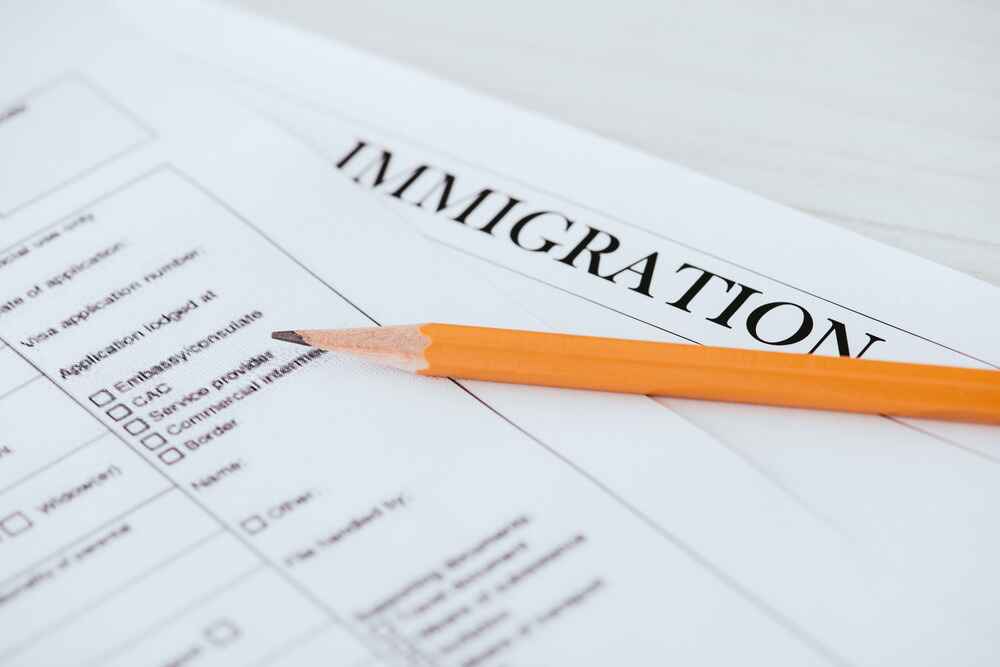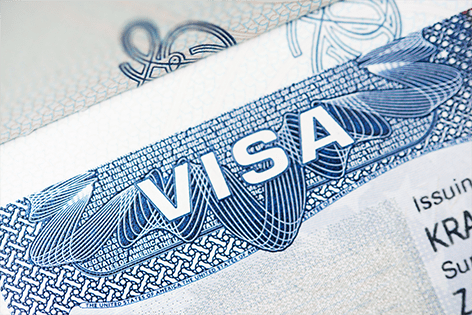If you’re in the United States on a temporary visa, it’s important to understand what happens when your visa expires. Overstaying your visa can lead to serious immigration consequences, including future inadmissibility, removal proceedings, and the loss of legal status. Here is an overview of the risks, exceptions, and possible legal options available if you’ve overstayed your U.S. visa.
What Does It Mean to Overstay a Visa?
A visa overstay occurs when a person remains in the U.S. beyond the expiration date of their authorized stay. This date is listed on your I-94 arrival-departure record, not on your visa stamp. It’s a common misconception that your visa’s expiration date is the same as the last day you’re allowed to stay, but it is not.
What Are the Consequences of Overstaying a Visa?
Loss of Legal Status: Once your authorized stay expires, you are considered “out of status.” You lose the right to legally work, study, or remain in the U.S.
Bars on Reentry: Overstaying for more than 180 days but less than one year can result in a 3 -year bar from reentering the U.S. Overstaying for one year or more results in a 10- year bar from reentry.
Ineligibility for Change of Status or Extension: In most cases, once you’ve overstayed, you are no longer eligible to change or extend your status from within the U.S.
Removal Proceedings: Individuals who overstay may be placed in deportation or removal proceedings, particularly if encountered by immigration authorities.
Are There Any Exceptions or Waivers?
While overstaying a visa is serious, there are some exceptions and possible legal remedies. One option is Adjustment of Status. If you are an immediate relative of a U.S. citizen, such as a spouse or parent, you may be eligible to adjust your status even after an overstay.
Another possibility is Waivers of Inadmissibility. In certain cases, you may qualify for a waiver of the 3- or 10-year reentry bar, particularly if your absence would cause extreme hardship to a U.S. citizen or lawful permanent resident spouse or parent.
Finally, Asylum and Humanitarian Relief options exist for individuals facing persecution or humanitarian crises, which may allow you to remain in the U.S. legally despite an overstay.
What Should You Do If Your Visa Has Expired?
If your visa has expired or you’re approaching the end of your authorized stay, consult with an immigration attorney immediately. Acting quickly can open the door to legal solutions and help avoid further complications.
Need Legal Guidance After a Visa Overstay?
BCA Law Firm is here to help. Our experienced immigration attorneys will address your situation, explain your legal options, and help you navigate the next steps. Contact us today to schedule a consultation and protect your future in the United States.



